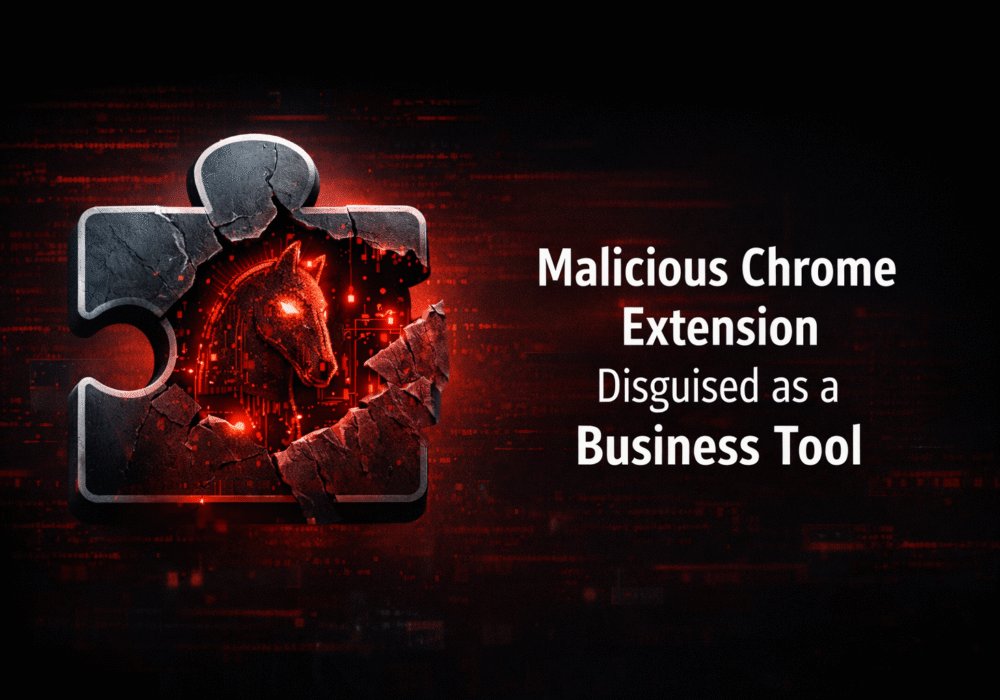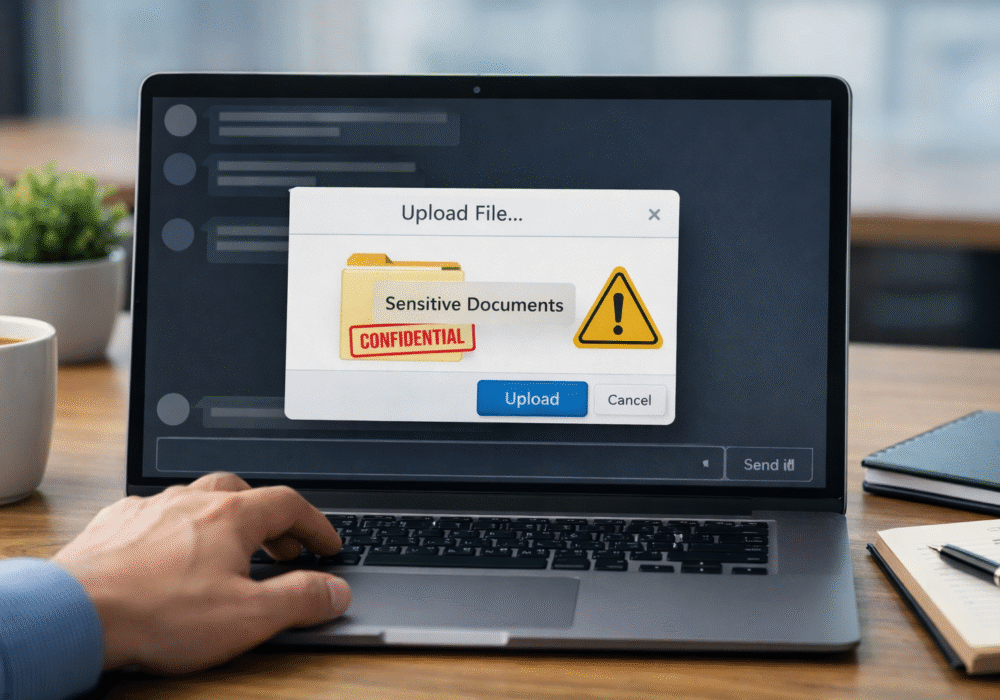May 30th, 2024: Recent news highlighted a significant breach at Ticketmaster, affecting 560 million customers and potentially exposing their sensitive data. Here’s what you need to know about the breach and how to protect yourself moving forward.
A cybercriminal group known as ShinyHunters managed to breach Ticketmaster’s database, compromising information from 560 million users. The stolen data includes personal details like names, email addresses, phone numbers, and possibly even payment information. This breach is part of a broader trend where cybercriminals target large databases to harvest valuable data.
Given the extent of the breach, your personal information might be at risk of being used for fraudulent activities. Here are some additional steps to safeguard your identity:
Staying secure online requires ongoing alertness. Here are some best practices to help protect your data in the long run:
The Ticketmaster data breach is a good reminder on the importance of cybersecurity. By taking steps to secure your accounts and adopt long-term security best practices, you can minimize the risks associated with such breaches. Stay alert, stay informed, and take proactive measures to protect your personal information. Remember, your data is one of your most valuable assets—guard it diligently.
Discover and share the latest cybersecurity trends, tips and best practices – alongside new threats to watch out for.

If a Chrome extension promises to remove security pop-ups and generate MFA codes, that should make you...
Read more
Cyberattacks usually start with phishing emails or weak passwords. This one did not. Security researchers...
Read more
Not surprising when Trouble Ensues Last summer, the interim head of a major U.S. cybersecurity agency uploaded...
Read moreGet sharper eyes on human risks, with the positive approach that beats traditional phish testing.
